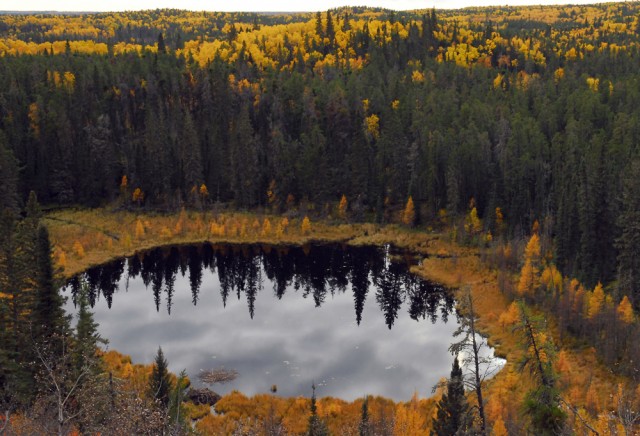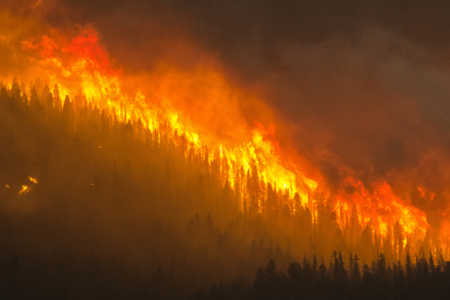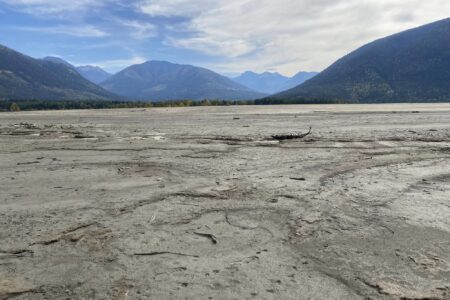Climate change impacts on mountain plant life
David A Gabel, Environmental News Network
Mountains are great places to go to see nature in its most pristine state. The mountains of the northwestern United States are particularly beautiful because they are home to outstanding trees and vegetation.
According to a new study, that mountain vegetation has been significantly impacted by climate change in the past 60 years. Unlike what was previously thought, ecosystems at low elevations were affected more than those at high elevations.
The study was conducted by researchers at the University of California (UC) at Davis, the University of Wisconsin-Madison (UWM), and the US Geological Survey (USGS).
They analyzed changes in plant growth for the last 60 years in the Siskiyou Mountains of southwestern Oregon, which is home to 131 plant species found nowhere else in the world.
The focus of the study was the herbaceous understory in the forest. These species living under the canopy of tree branches are of the greatest conservation concern. They examined them at various elevations and land management histories.
For example, each individual site may have a history of logging, farming, or may contain exotic species imported from overseas.
“We were surprised to find such clear signals of climate change in these plant communities, given all the other ecological changes that may be going on in the region, such as logging and fire suppression,” said UC Davis professor Susan Harrison.
The goal was to see if stress-adapted native groups of species were better adapted to the added stress caused by climate change. In this part of the world, that climate change means warmer and dryer conditions.
The researchers found signs of increased drought stress in the forests at lower elevations, but not at high elevations. The findings go against earlier beliefs that the high-elevation ecosystems would be more affected.
The information from this study will help guide conservation efforts in the Siskiyou Mountains, and other mountain ecosystems around the world. Policy makers could then better develop regional predictions about ecosystem responses to climate changes.
The study is published by the journal, Proceedings of the National Academy of Sciences.
Link to published article: http://www.pnas.org/content/early/2010/10/19/1006823107.abstract


























Comments